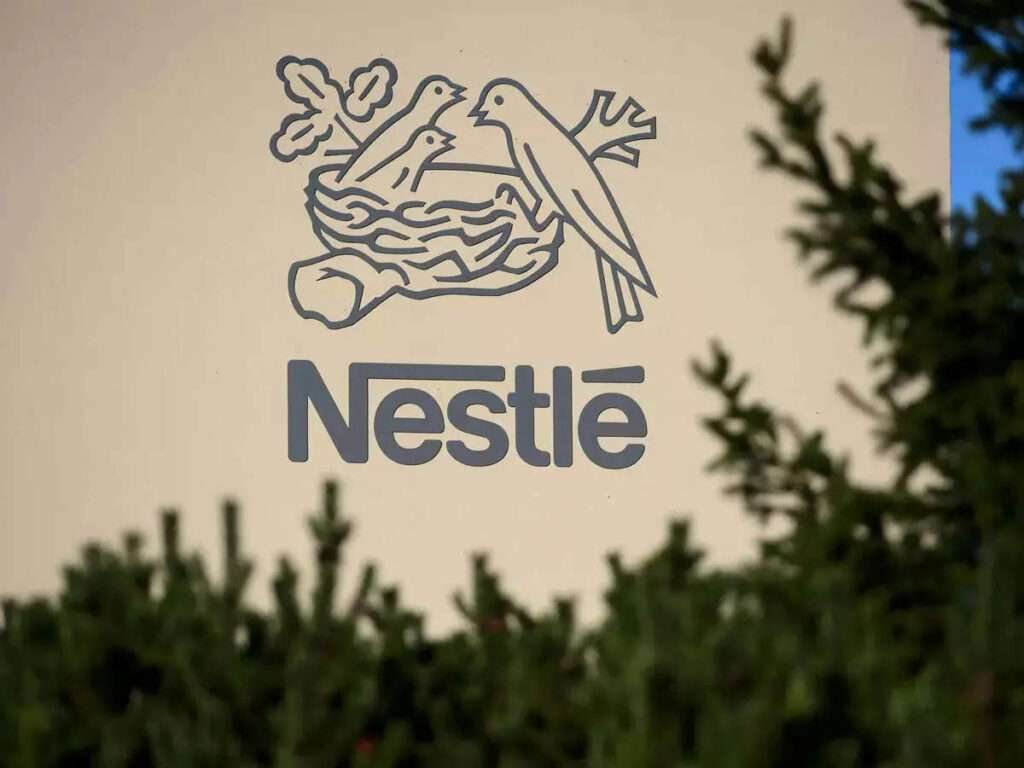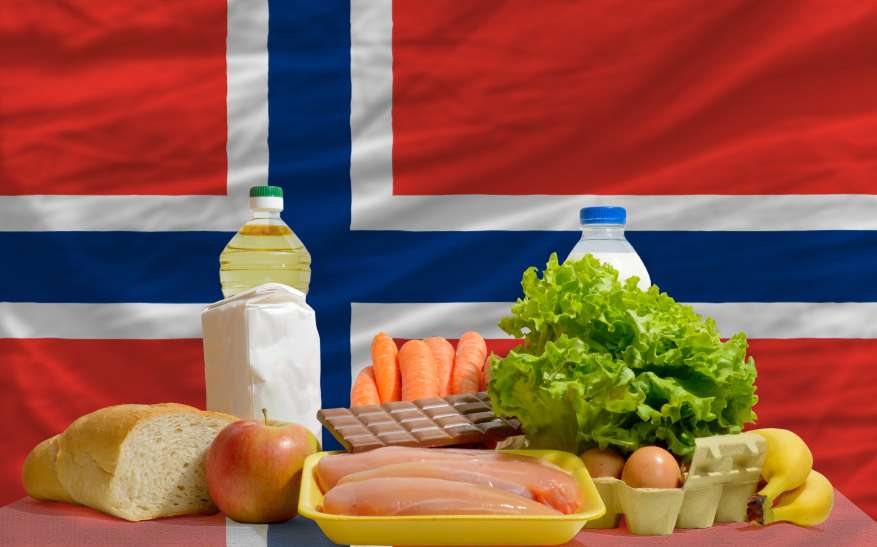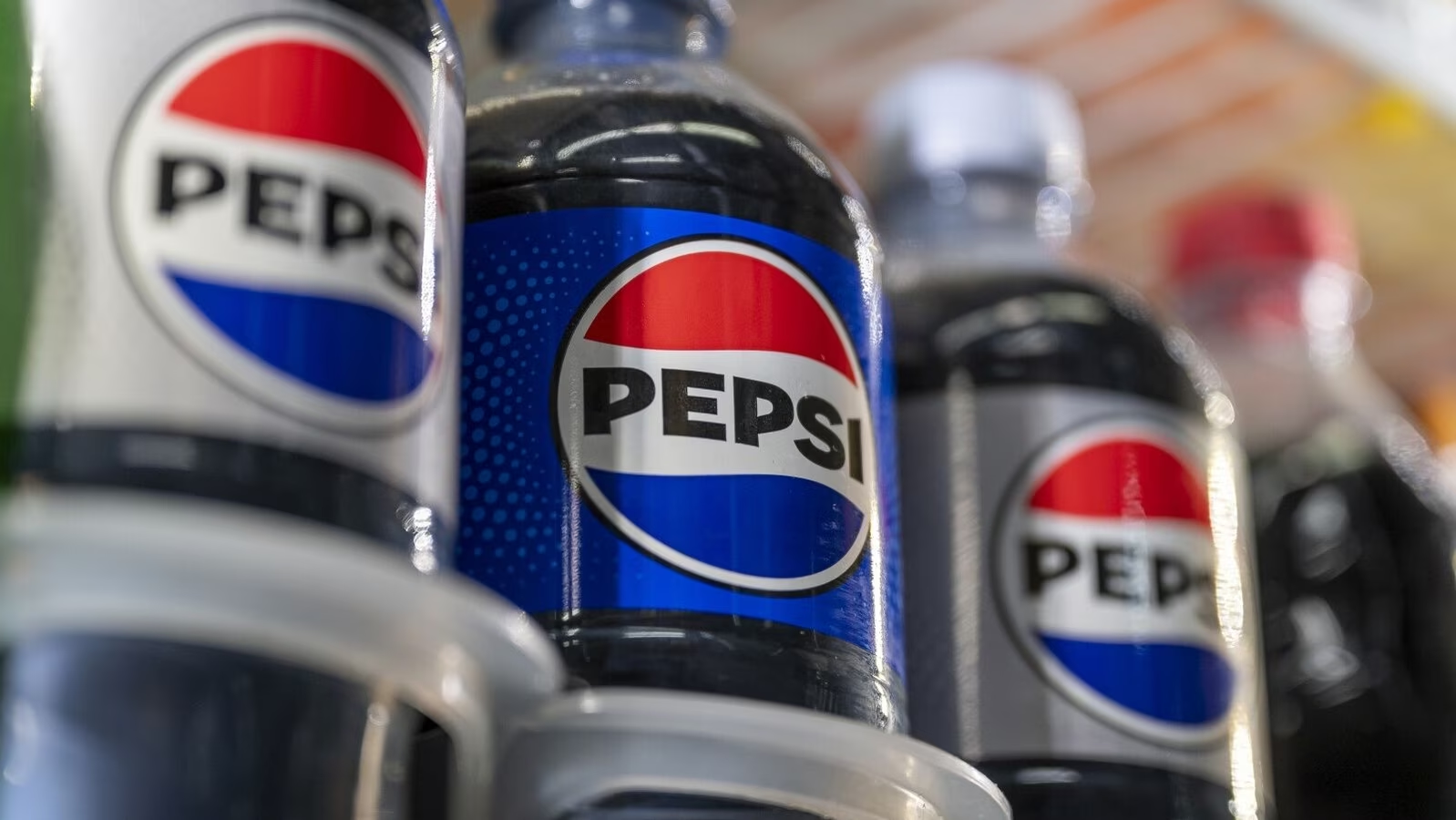Nestlé’s Dual Approach: Sweetening Infant Nutrition in Developing Nations
Introduction:
Nestlé, a global food and beverage conglomerate, has come under scrutiny for adding sugar and honey to its infant milk and cereal products in developing countries while refraining from such practices in European markets. This discrepancy has raised concerns about the health implications for children in low and middle-income nations. A recent report by Zurich-based watchdog Public Eye and the International Baby Food Action Network (IBFAN) sheds light on this issue, revealing significant differences in sugar content between products marketed in various regions.
The Sugar Dilemma:
Laurent Gaberell, an agriculture and nutrition expert at Public Eye, emphasizes the adverse effects of early sugar exposure on infant health. Sugar intake during infancy correlates with an increased risk of obesity and various chronic diseases later in life. The investigation found that Nestlé’s popular baby food brands, including Cerelac and Nido, contain substantial amounts of added sugar in products targeted at infants and toddlers.
Regional Disparities:
The study analyzed 150 Nestlé products sold in Asia, Latin America, and Africa, uncovering notable regional variations in sugar content. Cerelac wheat-based cereals, designed for infants as young as six months, exhibited significant levels of added sugar, with some products containing up to 7.3 grams per serving. Similarly, Nido powdered-milk products for toddlers contained substantial sugar content, particularly in countries like Panama and Nicaragua.
Ethical and Health Concerns:
The absence of added sugar in equivalent Nestlé products sold in European markets underscores a double standard that raises ethical and public health concerns. This practice not only perpetuates health disparities but also undermines efforts to combat childhood obesity and related health issues on a global scale. Public health guidelines, including those by the World Health Organization (WHO), advocate against the inclusion of added sugars in food products for young children.
Corporate Response and Accountability:
Nestlé maintains that its baby food portfolio complies with local regulations and international standards, including labeling requirements. However, critics argue that the company’s marketing strategies, including influencer partnerships, contribute to misleading perceptions of product healthiness among consumers. While Nestlé claims to have reduced sugar content in its infant cereals globally, concerns persist regarding the transparency of labeling practices and the company’s commitment to public health.
Conclusion:
The findings of the Public Eye and IBFAN report underscore the urgent need for greater transparency and accountability in the infant food industry. Nestlé’s dual approach to sugar content raises significant ethical and health concerns, particularly in regions with high rates of childhood obesity and related health issues. Addressing these disparities requires collaborative efforts from policymakers, regulators, and industry stakeholders to ensure the health and well-being of children worldwide.
Related: Nestle’s Public Health Strategy

Source: Time



